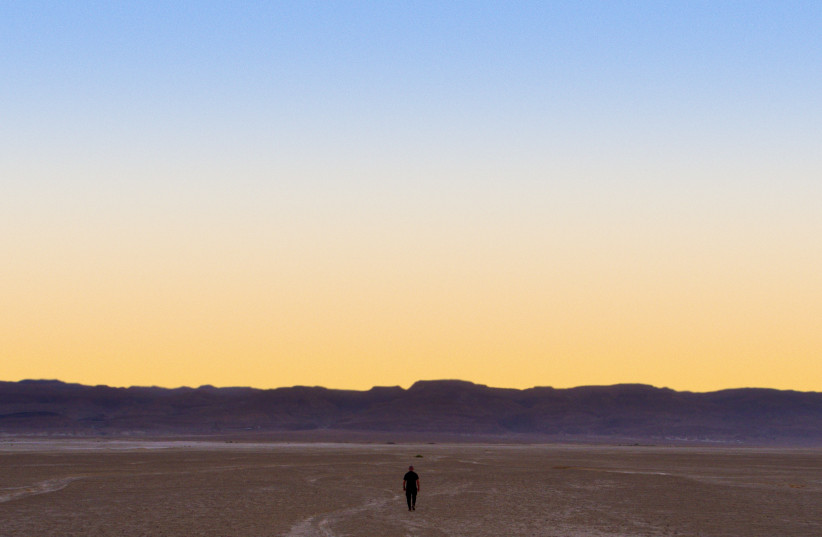An American-Jewish couple who fled Germany before the Holocaust amassed a fortune and left it all to an Israeli university is the subject of a documentary premiering this week in the US.
The film, Who Are the Marcuses? made its sold-out world premiere at the Newport Beach Film Festival in California in October and went on to screen at the United Nations climate change conference COP27 in Sharm E Sheikh, Egypt, before screening at the Santa Barbara International Film Festival this month.
In it, two Israeli filmmakers tell the unlikely story of how the late Dr. Howard and Lottie Marcus endowed Ben-Gurion University of the Negev (BGU) with half a billion dollars.
Marcuses' history
Neither of the Marcuses had family in Israel, but they had visited the country twice and had made prior donations to BGU. According to Hollywood-based Israeli filmmaker Matthew Mishory and co-writer Golan Friedman, the couple was motivated by the university’s role in researching, developing and leading creation of water technologies necessary for the very survival of millions throughout the region, and the concept of Israel-developed technology becoming a force for regional cross-border cooperation, leading to peaceful coexistence.
In the Marcuses’ vision, Israel, Israeli academics, students and entrepreneurs can live the example of providing light unto the nations to manage scarce water resources necessary for survival.

“We see how philanthropy itself can be a transformative force in the world,” said Mishory. “This gift was the pretext to tell the story of Israel and about water and the power of environmental technology to solve or at least address real world problems.”
“And there’s no way to really tell that story in a complete way, in a deep way, without explaining, what is the story of Israel? What is Israel about? What is the Israel project about?” added Friedman.
Mishory and Friedman present a narrative that ties together the Marcuses’ values and gift with the vision of Israel’s founder, David Ben-Gurion, to make the Negev flourish.
They include interviews with Dr. Daniel Gordis, Dr. Micah Goodman, Seth Siegel (water expert), several BGU professors and water technology entrepreneurs, and President Isaac Herzog.
The undisputed world champion of investing and philanthropy, Warren Buffet, is interviewed in his Omaha, Nebraska, conference room. Buffet personally pitched the Marcuses back in the early 1960s to become initial investors of his investment management practice. Viewers will have to watch the film to clearly see divine intervention was at play which brought them both together, resulting in an investment account valued at $500 million from an initial investment of $60,000.
The Marcuses had made a written commitment to leave their entire estate to BGU in 2007 without disclosing the value. By the time it was granted upon their deaths, the amount had more than doubled to $500m.
According to Doug Seserman, CEO of Americans for Ben-Gurion University, “the real hero of the story is [the Marcuses’ daughter] Ellen Marcus, who initiated the donation by asking them to give away almost all of what was to be her inheritance.
Ellen Marcus added, "They intended to leave their entire estate to me but when I learned the value of the estate, I asked them to just leave me enough so I'm never hungry or homeless, and Jen [her daughter] is never hungry or homeless, and give the rest away."
Throughout the film, it becomes clear the Marcuses felt they were custodians of this money, as though it wasn’t theirs to spend on themselves. Passing it along so a great university could steward it was the ultimate love of Israel.
Who Are the Marcuses? will be seen at Israel’s cinematheque theaters this spring and summer, at various American film festivals, including the UN’s World Water Film Festival, and streaming arrangements are still under way.
